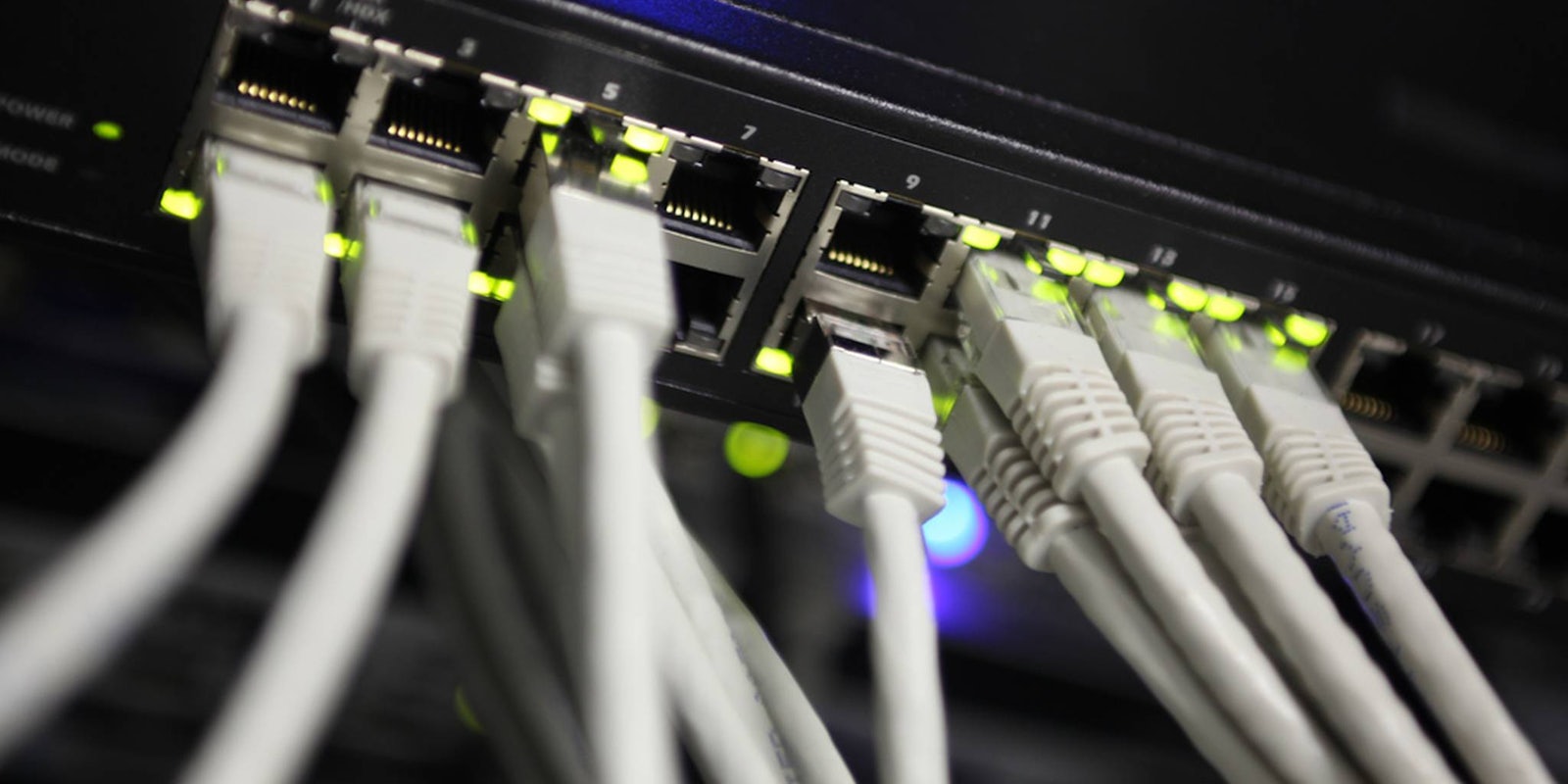Consumer advocates on Tuesday urged the House not to pass a bill that they said would hamper the government’s ability to protect Internet users from unfair practices, shortly after the White House promised that President Obama would veto the bill if it reached his desk.
The House is scheduled to vote this week on the No Rate Regulation of Broadband Internet Access Act, which would ban the Federal Communications Commission from regulating Internet prices under its 2015 net-neutrality rules.
FCC Chairman Tom Wheeler has promised not to use that power, but Congressional Republicans want to permanently take the authority out of the commission’s hands.
The consumer groups said in their letter to House leaders that the bill was overly broad and would effectively prevent the FCC from taking other kinds of enforcement actions, like reviewing telecom company mergers, demanding changes to data caps, and scrutinizing zero-rating, the practice of excluding certain services from counting against one’s data limit.
“Under the bill,” the groups said in their letter, “broadband providers could characterize any and every rule or determination the FCC makes as a ‘rate regulation’ if it prevents these ISPs from charging abusive penalties or tolls.”
“Although the FCC is not setting rates,” the groups said, “stripping away its authority to review monopoly charges and other unjust and unreasonable business practices would harm everyone.”
The White House echoed these concerns in a Statement of Administration Policy released late Tuesday. It said the bill “would restrict the FCC’s ability to take enforcement actions to protect consumers on issues where the FCC has received numerous consumer complaints,” and it promised that Obama would veto the legislation if Congress passed it.
The rate-regulation bill is part of a broader push by Republican lawmakers to roll back pieces of the FCC’s 2015 Open Internet Order, which applied net-neutrality protections to broadband Internet and gave the agency the power to stop ISPs from throttling speeds, blocking access to sites or online services, and charging higher rates for faster access to Internet content.
The House Rules Committee approved a vote schedule for the bill on Tuesday, including several Democratic amendments aimed at softening its impact.


